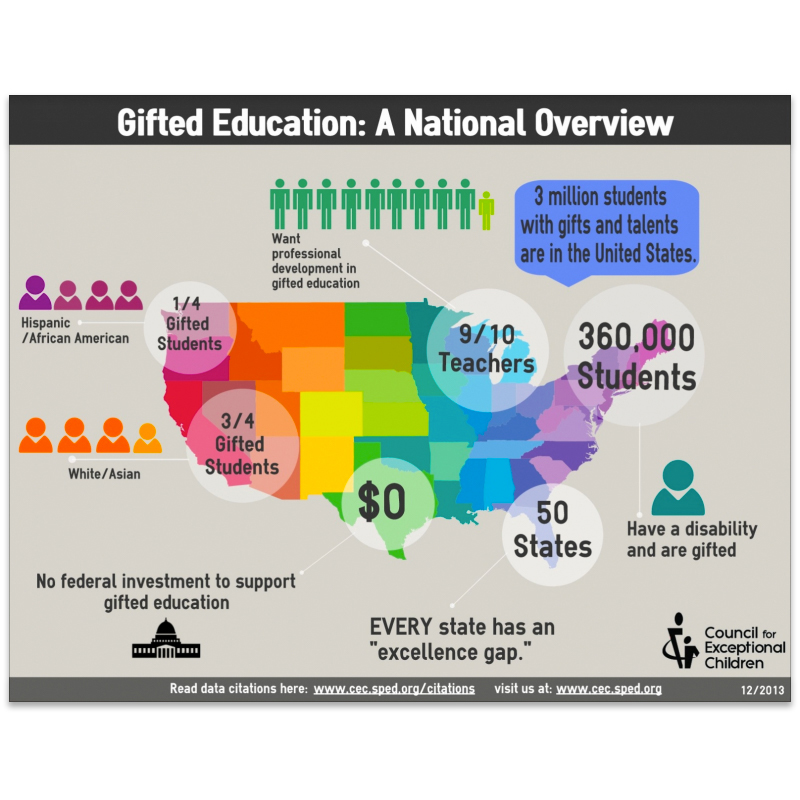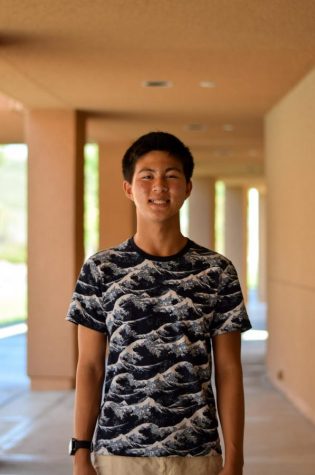Raise the bar for education, for everyone
EDUCATION EQUALITY OR EQUITY: How do you level the playing field?
September 30, 2019
Skill-level segregated classes and gifted student programs are an integral part of Irvine schooling. In primary school, students could take Alternative Program for Academically Advanced Students (APAAS) classes. In middle school, students were set up with Gifted and Talented Education (GATE) classes. In high school, we obsess over honors and Advanced Placement (AP) classes. But across the United States, boards of education are stripping their districts of these accelerated programs in the name of diversity. By doing so, they are stripping students of their opportunities to learn at an advanced and comfortable pace, which lowers educational standards and inhibits students’ career growth further down the line.
In New York City, Mayor Bill de Blasio and Chancellor Richard Carranza started considering the desegregation of New York City school districts through policy changes suggested by the School Diversity Adversity Group (SDAG). The SDAG is a panel appointed by de Blasio and Carranza to research school diversity and promote integration. Their report from August 2019, titled “Making the Grade: New Programs for Better Schools,” recommended the discontinuation of GATE programs and “exclusionary admissions practices,” including race, attendance and school geographic zones.
There is good reason for New York City to be concerned about segregated schooling systems. A 2017 statistical study by the Washington Post found that New York City has one of the least diverse and integrated schooling systems in the United States, with not a single school classified as “integrated.” Despite the city’s non-discrimination policy, The New York City Department of Education reported that 75 percent of students in GATE classes were white or Asian in 2018, disproportionately higher than the 53 percent of whites and Asians who live in New York City.
De Blasio also has merit in saying that segregated schooling policies have “created a permanent underclass.” Several studies on skill-level gaps in students found that kindergarteners learn and forget at around the same rate, and larger gaps in learning are created by their accessibility to different educational opportunities that accumulate year after year. Because accessibility to these opportunities is boosted for those in upper socioeconomic classes––through test preparation, enrichment materials or homes near “better” schools––the wealthier can invest in their children’s future while the underclass stagnate more often than not. So it is not much of a surprise that accelerated learning programs like APAAS, GATE and AP courses are a huge part of the academic culture in Irvine. Jokes about the dominating Asian demographic in gifted programs seem to be as old as these programs themselves, reflecting the idea of this upper-class, model minority having exclusive access to accelerated programs.
Yes, accelerated programs can cause segregated schooling and a lack of diversity in race and socioeconomic class. But simply eliminating these programs will only exacerbate the problem. The purpose of promoting diversity and integration is to create a more enriching educational environment and provide fair opportunities to all. The removal of accelerated programs only takes away opportunities to the rigorous and enriching content that allows for educational growth in our country. A 2008 study by the Thomas B. Fordham Institute found that more than 7 in 10 high school teachers nationwide reported their “brightest students” were not challenged, indicating that accelerated programs are necessary to provide the level of educational rigor that students deserve. Their benefits have also been shown to last long into students’ career development. Degrading education standards for all while claiming to make education more fair is hypocritical.
Moreover, forcing schools to integrate by taking away opportunities has not worked in the past. In 1971, desegregation busing for schools in the United States resulted in “white flight” to areas that did not enforce busing. Racism regarding school integration, coupled with the inconvenience of sending kids to school miles away from home, left the poorer students in further failing schools, completely negating the effects of integration efforts. Forced integration encourages people to find loopholes. Instead of spending money on busing, the government should have allocated that funding to underfunded schools in black communities, increasing the accessibility to educational opportunities for all. Although not a perfect analogy to 2019, the rea- soning of equity versus equality stays the same. Achieving fair and diverse education is done best by improving the opportunities for the worse-off, not taking opportunities from the better-off to make them equal. It didn’t work in 1971, and it won’t work now.
Creating free or low-cost enrichment programs and granting easier access to accelerated learning programs are much more practical solutions to ensuring educational diversity. The University of Michigan-Flint has an Office of Educational Opportunity Initiatives, which manages programs that increase accessibility to higher-level education. For example, its Gaining Early Awareness and Readiness for Undergraduate Programs (GEAR UP) is focused on giving low-income students from middle school through high school the academic preparedness and career exposure necessary to succeed in college. Programs like GEAR UP use equity to effectively promote diversity, allowing lower-class students to succeed while not inhibiting the growth of others. These students benefit much more by learning in an environment that is both advanced and diverse, not inhibited and diverse.
In Irvine, students have undoubtedly benefited from their access to challenging and rigorous programs. Taking away these opportunities from future students through awkward, forced integration deprives them of the career foundation that they deserve.



![AAAAAND ANOTHER THING: [CENSORED] [REDACTED] [BABY SCREAMING] [SIRENS] [SILENCE].](https://thehowleronline.org/wp-content/uploads/2025/06/lucy-1200x800.jpg)





















































![AAAAAND ANOTHER THING: [CENSORED] [REDACTED] [BABY SCREAMING] [SIRENS] [SILENCE].](https://thehowleronline.org/wp-content/uploads/2025/06/lucy-300x200.jpg)